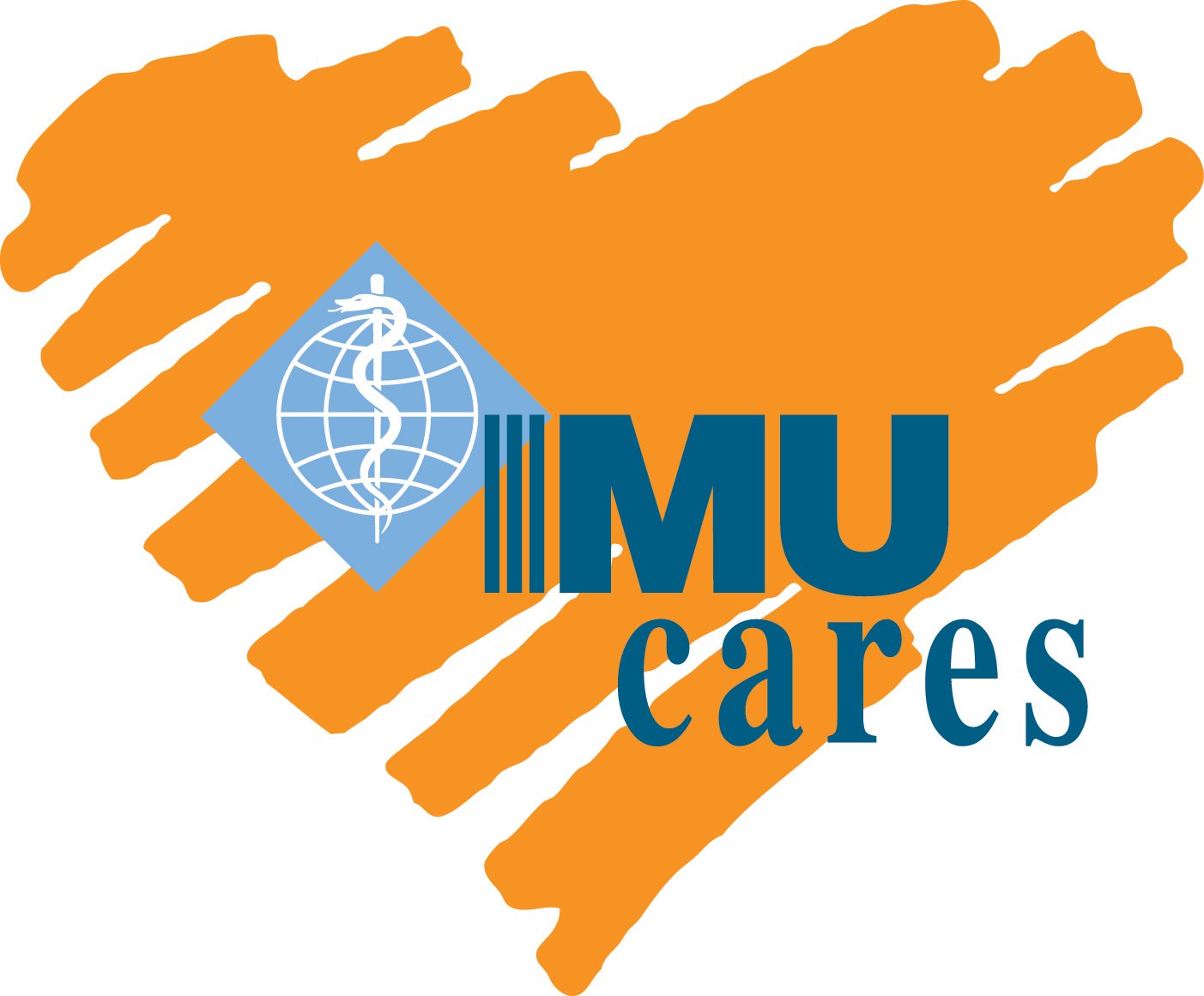According to Alzheimer’s Disease Foundation Malaysia (2016), it is predicted that now there are about 50,000 people in Malaysia with this disease. The estimated number of older people with this disease worldwide is expected to double every 20 years. It is therefore surprising to know that most people in Malaysia perceive AD or dementia as a normal part of aging resulting in them not being diagnosed as they do not seek medical advice for it. 
A study by Tsolaki (2009) found that it took up to 16 months for the caregivers to seek medical advice from health professionals because of their misinterpretation of dementia as a normal sign of growing old. It is crucial to raise awareness and remove this stigma of dementia among people especially the caregivers as AD is not only affecting the patients, but also their family, friends, and caregivers. To improve their quality of life, the caregivers need to be knowledgeable in managing the patients so that they can reduce their burden.
Alzheimer’s Disease International (2014) in which Malaysia is one of its members, reported that the prevalence of dementia in Malaysia was 123,000 people in 2015. This number was projected to be 261,000 by 2030 and will continue to increase to 590,000 people in 2050. Dementia is certain although the results of the prevalence studies vary across the world due to different methodologies used.
There are only a limited number of prevalence studies on dementia in Malaysia. A rural community study conducted in Selangor among Malay participants over the age of 60 found the prevalence of cognitive impairment to be 22.4%. The prevalence of dementia was 6% for an urban community study in Kuala Lumpur (1997) among the Malay older people. Today, over 5.4 million individuals are diagnosed with the disease, and millions more are their caregivers. Awareness, early detection, and treatment are key components in battling this disease.
Alzheimer’s is a condition that causes a severe impact on your life, and the misconceptions surrounding it can cause the impact to be even more severe. While this disease is more recognised today than ever before, the misconceptions surrounding Alzheimer’s are due to lack of common knowledge among the public. By learning more about Alzheimer’s, you can help create awareness and spread the truth to the public.
Understanding the difference between worrisome signs and those that are less concerning can help the public make better decisions about when to speak with a physician. But there are other facets of increased awareness that will also ease earlier, proactive behavior that results in earlier medical intervention and better treatment results. Specifically, knowing that treatment is more effective than is commonly reported in the press will drive more people to their physicians at early stage of symptoms before irreparable brain damage has occurred.
| Studies focused on isolating the effect of pharmaceutical therapy obscure the effect of a more robust treatment regimen that includes physical exercise, a healthy diet, proper control of hypertension and diabetes, avoidance of other medications that impair cognition and function, ongoing intellectual stimulation, and structured social engagement. Such a full regimen has proved superior treatment effects than drug therapy alone in a meaningful number of patients. There is growing evidence that this is especially true when treatment begins early in the disease process. |
While you should not be overly optimistic about approved treatments, you should not be overly discouraged by reports that drugs alone are not effective. In the real world, doctors prescribe drugs as one part of a more comprehensive treatment plan and, in some instances, AD progression can be meaningfully delayed. The major barrier to early intervention, aside from the nihilistic perceptions about treatment efficacy discussed above, is a stigma. Research shows that many people feel a sense of shame or embarrassment associated with a diagnosis of the AD. This promotes denial and serves as an obstacle to early diagnosis and treatment. Research also shows that most stigmatising topics can be brought into the open and can shed their embarrassing nature through education and discussion. Awareness generates discussion, which breeds familiarity and reduces stigma. In this regard, awareness is a direct path to openness, dialogue, information exchange, proactive management of symptoms, and professional medical intervention at the earliest possible stages.
It is easy to overlook “awareness” as an important part of the solution to the Alzheimer’s problem. This is especially true given the clear need for better treatment. However, a little reflection on the benefits of awareness weighed against the relative ease with which we can spread information today, shows the massive benefits of greater awareness. The benefits of raising awareness go far beyond helping the public understanding what exactly Alzheimer’s is.
When awareness is created, it helps to create more treatment options for those who have the condition and helps create more ways to prevent different forms of dementia. The first area of Alzheimer’s that needs to be recognized is the early signs and symptoms of the disease. When the signs are recognised early, detection can occur, and treatment can be gave early on. Awareness also helps remind people of the importance of caregivers and health providers, who play a large role in helping those with Alzheimer’s carry on through life and experience life to a higher degree. Video on Alzheimer’s 
 Realising the importance of raising awareness on this disease, a blog (a collaboration between IMU Cares under International Medical University (IMU) and Alzheimer’s Disease Foundation of Malaysia (ADFM)) was launched on 6 September 2017. Related articles: Blog on Alzheimer’s Launched: A Collaboration between IMU Cares and ADFM
Realising the importance of raising awareness on this disease, a blog (a collaboration between IMU Cares under International Medical University (IMU) and Alzheimer’s Disease Foundation of Malaysia (ADFM)) was launched on 6 September 2017. Related articles: Blog on Alzheimer’s Launched: A Collaboration between IMU Cares and ADFM









